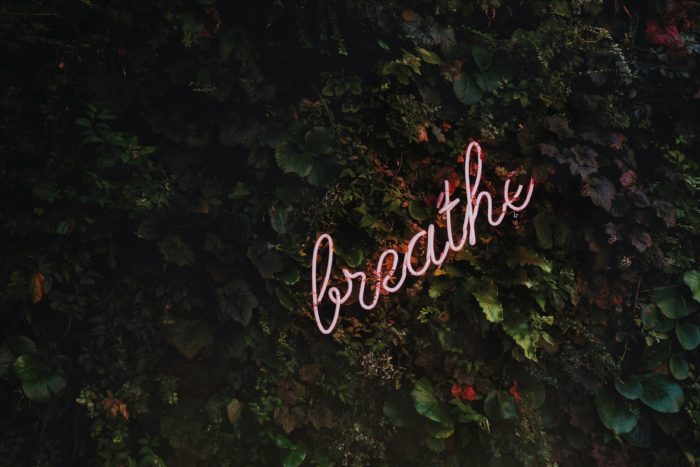Every September kids get new lunch boxes and the subways are more crowded. People all over New York, and in most places in America, are gearing up for back to school season. The energy of September and early fall can be a powerful one, a little less hot and humid, a little more cool and focused. So why not use that energy for things other than school. Why not start that meditation practice you have been thinking about or get back to it if it slipped away.
How to Start a Meditation Practice
The practice of meditation is a powerful tool that has been utilized for well over 2500 years. Whether meditation is part of your spiritual path or part of your health and wellness routine it can bring tremendous benefit and support. Research today confirms that meditation can greatly impact and change the brain.
Neuroscientist Dr. Richard Davidson at the University of Wisconsin has done extensive research on meditators and documented the brain changes from meditation using fMRI imaging. His main findings show that the right pre-frontal cortex, which is connected with experiencing sadness, has decreased activity after meditation training and the left pre-frontal cortex, which is connected with feeling happiness has increased activity.
Mindfulness meditation has now been linked to enhanced mood regulation and positive emotions, as well it builds focus, awareness, and empathy. But we all don’t have the perfect place or the time to start meditating. Like anything, starting something new can be exciting but also challenging.
Getting in touch with your intention
3 easy steps to help you start a meditation practice
Getting in touch with the reason why you want to start meditating, start back up, or continue with a sitting practice can be very helpful. Answering questions like: what brings you to the cushion today, and what are you hoping to learn or benefit from meditation right now in your life can be very helpful.
- Find a class, book, app or podcast that inspires you. Perhaps you have one or more from the above list, use it! Get to know it and allow it to guide your practice.
- Find a place and set a time. Be realistic about how much time you want to give to meditation. 30 minutes every day is probably ambitious for a beginner but 5-10 minutes every day or 3 times a week might be more manageable and realistic. If you are going to be meditating at home or work find the place that feels most inviting and quiet.
- Remember to do it! Like starting any new habit one must remember to do it and if you forget there is no need to beat yourself up just remember tomorrow. Set an alarm, put it in your calendar, anything! Meditation classes can be very helpful in this regard if there is a weekly class that you can attend the time and structure of that class could greatly help you establish more of a routine with sitting practice.

Things that come up when you start meditating
- Thoughts, so many thoughts, more thoughts than you even knew you had. So don’t give up, no need to get discouraged or overwhelmed just work with it. Keep coming back to the breath. Keep noticing the thoughts like guests as a dinner party but simply come back.
- Aches and pain. For many of us, our body is not used to sitting on the floor and being still for long periods of time. So shift when needed, play with how you sit and what you sit on. It’s best to do this exploration before you sit down to meditate because if you do it during your meditation it can become a form of body distraction or entertainment.
Dealing with the big stuff
If questions about meditation practice arise often or concerns about physical and/or emotional pain bubble up talking to someone like a good friend who meditates, a meditation instructor or teacher and even a therapist can be helpful. Find the support you want and ask for help if you need it. Here are some other great online NYC resources for meditation and therapy:


